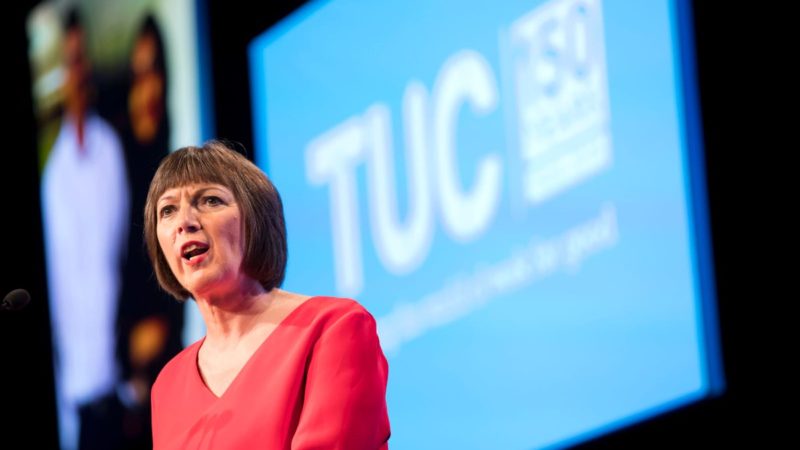
The TUC has called for better pay and conditions for night workers, including 1.8 million key workers, after it was revealed that one in three of those who regularly work overnight shifts earn less than £10 an hour.
The new analysis released by the trade union federation today shows that 1.2 million of the UK’s 3.4 million night workers earn less than £10 an hour and the TUC has warned that many are increasingly on insecure zero-hour contracts.
The data also indicates that 1.8 million members of that night-time workforce are key workers, which means that key workers are over twice as likely to be on low-paid overnight shifts than the rest of the workforce.
TUC general secretary Frances O’Grady said: “Working through the night is tough – especially in the middle of a global pandemic. We all owe Britain’s night workers a huge debt for keeping the country running while we are asleep.
“It is not right that so many of those who work overnight – especially in key sectors like care – are on low pay and insecure contracts. The government must ensure that all night workers are treated with dignity at work.
“That means levelling up working conditions and pay and ensuring people are given proper notice of their shifts. And it means honouring the promise to increase the minimum wage that would benefit over two million key workers.”
The TUC analysis, based on figures from the Office for National Statistics (ONS), revealed that nurses and care workers were the most likely professions to work night shifts, with 406,000 care staff and 245,000 nurses regularly working overnight.
The North West was found to be the region with the highest number of night workers in England and Wales, with 424,000 late-night staff. It was closely followed by London, where 415,000 staff regularly work during the night.
Yorkshire and the Humber had the highest proportion of key workers who worked night shifts, with 183,000 of the region’s total 306,000 night workers – or 60% – employed in a key worker profession.
The TUC has issued a warning about the damaging effects night work can have on the physical health of workers, including cardiovascular disease, diabetes and depression, as well as the potential impact on family life.
As a result, the trade union federation is calling on the government to put more protections for night workers in its proposed employment bill that was announced as part of the Queen’s Speech last year.
The TUC called on the government to introduce better pay for night workers to reflect the extra costs of childcare, legislation to ensure that workers have early notice of shifts and compensation for shift changes at short notice as part of the bill.
The trade union organisation also demanded the government commit to raising the minimum wage and the banning of zero-hours contracts, as night workers are frequently subject to low paying insecure contracts.
Former Shadow Chancellor John McDonnell lodged an early day motion in parliament earlier this month calling on the government to raise the minimum wage to £10 an hour for all UK workers regardless of age.
The motion was tabled amid fears that the independent Low Pay Commission could recommend a minimum wage freeze or very limited increase, rather than a rise to £9.21 an hour as previously expected.
Labour under the leadership of Jeremy Corbyn called for a minimum wage rate increase to £10 for all workers over 16 years of age. The pledge was included in the party’s 2019 general election manifesto.




More from LabourList
‘The High Court judgment brings more uncertainty for the trans community’
‘There are good and bad businesses. Labour needs to be able to explain the difference’
‘This ruling should now remove any remaining barrier to approval of EHRC code’